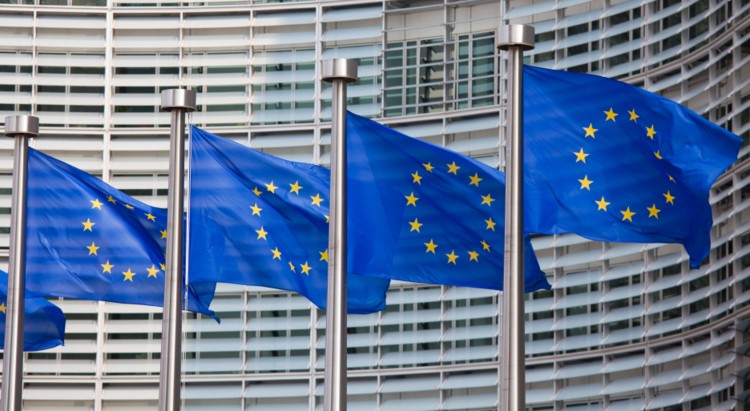EE has improved VoIP and emergency communication on Ben Nevis by collaborating with the Lochaber Mountain Rescue Team. Utilizing a 35-meter tower in Glen Nevis, this initiative supports the UK Home Office’s Emergency Services Network.
To improve emergency services and to better locate callers, The European Commission has approved a regulation that will require new smartphones to include satellite and Wi-Fi location. The integrated chipset with Global Navigation Satellite System (GNSS) must deliver access to the EU’s satellite system Galileo, which provides accurate positioning and timing information. Currently, most emergency services are faced with the challenge of only being able to locate troubled mobile callers within an area of several kilometers. However, the proposed use of satellite and Wi-Fi systems will enable 112 emergency number callers to be located within a range of less than 100 meters. Galileo-enabled devices receive signals for positioning, navigation and timing. This satellite system has been servicing around 400 million users, and this summer the system was supplemented by four more satellites, which were successfully launched from the European spaceport. Every additional satellite steadily improves Galileo’s performance, and,…
As anticipated, the European Parliament has voted in favour of the European Electronic Communications Code (EECC). The new EU telecoms rules will open the possibilities for faster access to radio spectrum waves and greater investments in high-speed connectivity. They will also ensure better protection and services for end-users of either traditional (calls, SMS) or web-based solutions (Skype, WhatsApp, etc.). Vice-President for the Digital Single Market, Andrus Ansip, and Commissioner for Digital Economy and Society, Mariya Gabriel, made a joint statement, which said, “Today’s vote by the European Parliament is a positive and necessary step towards ensuring that the telecoms sector in the EU is fit for purpose.” “The new telecoms rules that will now be put in place as a result, are an essential building block for Europe’s digital future and a source of new digital rights for European citizens. They are crucial for meeting Europeans’ growing connectivity needs and boosting…






